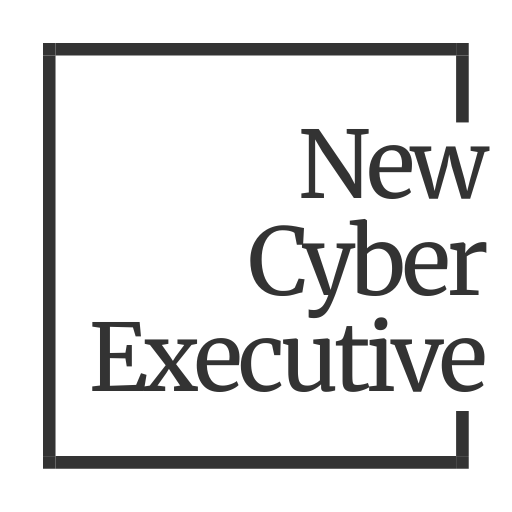CISO Leadership Studies and Research
Why Our Approach Matters
At New Cyber Executive, we study the people and dynamics around the CISO role. Through ethnography, interviews, and grounded theory, we explore the challenges, breakthroughs, and environments that shape their experience. Our focus is on context, meaning, and depth, looking both at how CISOs see themselves and how others expect them to lead.
Beyond the Surface
Most research on CISOs stops at surface trends: pay scales, reporting lines, recurring pain points. We go further, asking why certain obstacles persist and how some leaders thrive while others burn out. Listening closely and mapping patterns across lived experience lets us uncover insights that numbers alone cannot reveal.
Coaching Built on Lived Experience
Every CISO leads differently. Through interviews and analysis, we capture how leaders see their world, what they want to achieve, and what their organizations expect. These insights flow directly into coaching, shaping leadership moves that are precise, context-aware, and lasting.
Root and Underlying Causes
The toughest leadership challenges often remain hidden. We explore how trust is built or lost, how authority is negotiated, and how leaders internalize risk. Addressing these deeper drivers creates progress that is sustainable and integrity-driven. These are woven into our coaching programs, such as Open Pathways and Transition Blueprint.
Building a 360° Understanding
CISOs operate within a web of stakeholders: Boards, CEOs, CFOs, peers, and customers. Our research brings these perspectives together, mapping the disconnects and feedback loops that shape how CISOs are seen and the influence they have. We capture both the CISO’s experience and how others interpret their leadership, creating a fuller picture of their role across the enterprise.
A Different Lens for a Complex Role
The CISO role is one of the most complex, least-defined, high-pressure positions in the executive suite. At New Cyber Executive, we bring a research lens that honors this complexity and reveals the human side of cybersecurity leadership.
Areas of Research
We research differential behaviors, mindsets, and approaches of successful cybersecurity leaders and the key elements of successful moments in cybersecurity leaders' careers. We interview approximately 50 executives each year.
We do not look at products, deployed technology, or technical trends. Nor do we evaluate programs, organizational structure, capital investments, or similar topics. If you are looking for this, and don't know where to start, feel free to contact us.
Research Studies
Current research us focused on cyber executive-specific job challenges based on non-cyber executive perspectives, focusing on perspectives from the c-suite, peers, board members, and intermediaries such as placement and recruiting professionals and other third-parties.
Our two major previous studies focused on: (1) factors of shaping success in a new role and (2) the experiences of women executives in cybersecurity.
